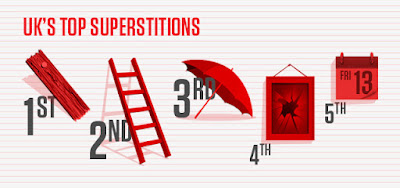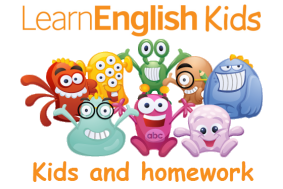It's amazing how the British Council helps English learners with their learning process of the language :)
This is the website: http://learnenglishteens.britishcouncil.org/grammar-vocabulary/grammar-videos?page=3
And this is an example of those videos:
All the video clips have worksheets with activities to practice the topic as well as the transcripts.






